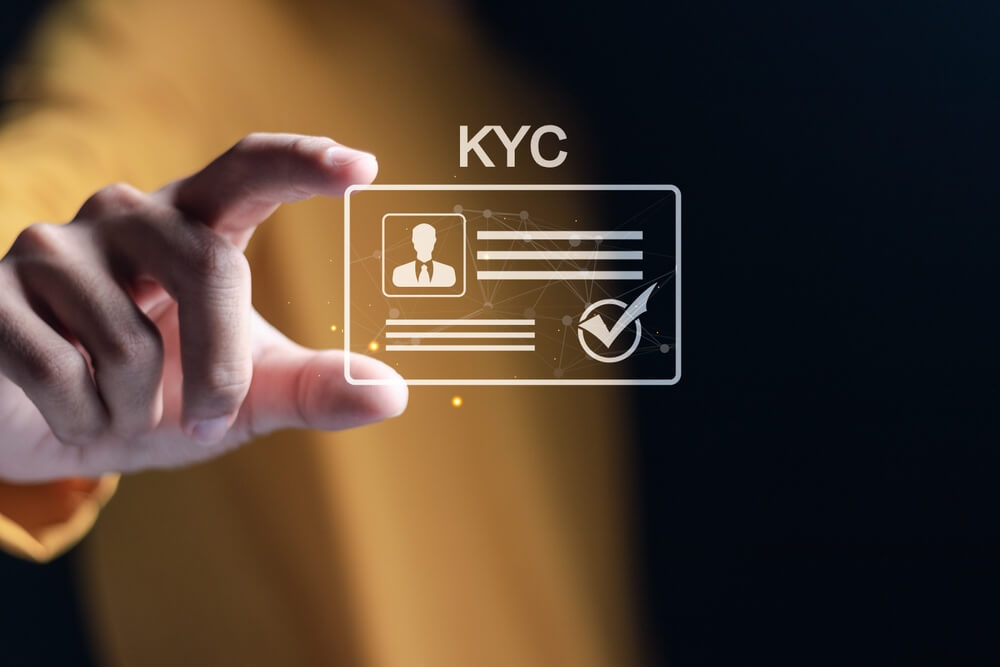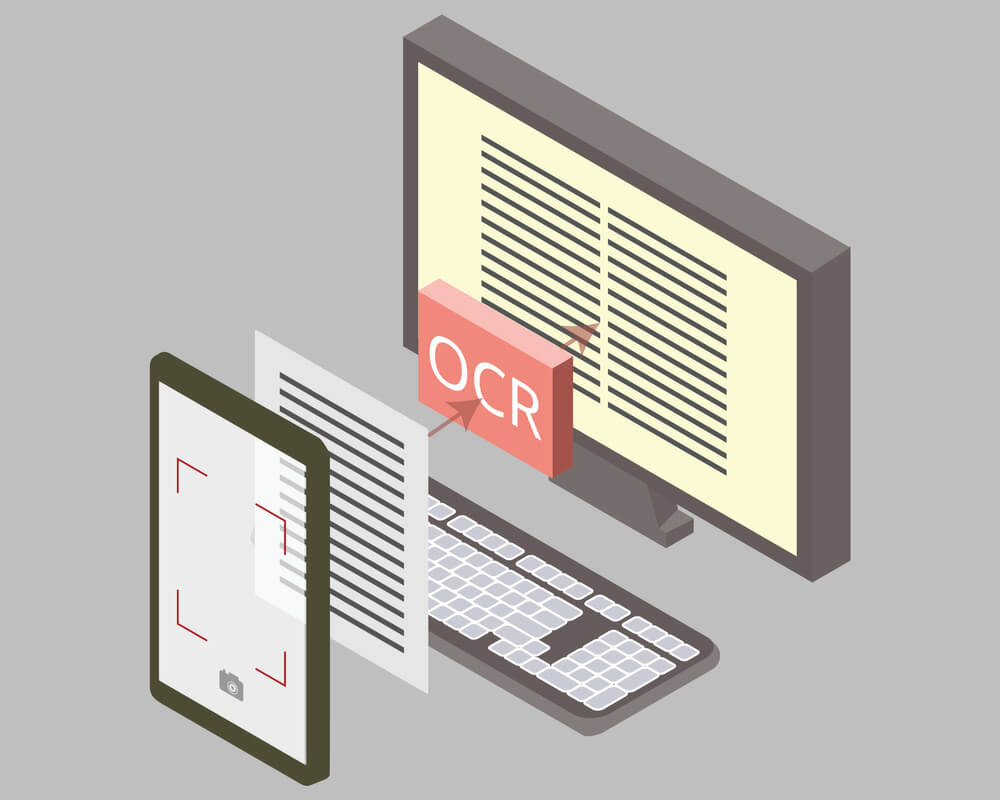Globalization has broadened Know Your Customer (KYC) rules. This change creates a complex and ever-changing environment for businesses working globally. Each jurisdiction has unique KYC laws. They aim to combat financial crimes, like money laundering and terrorism financing. To meet regulations and build trust, organizations must implement region-specific compliance measures. This guide analyzes KYC requirements in various regions. It helps businesses navigate international compliance.
What Is KYC?
KYC, or Know Your Customer, is a set of rules. They require businesses to verify their customers' identities and assess their risk. These measures are vital to fight financial crimes. They ensure transparency in financial transactions. KYC obligations used to focus on financial institutions. They now include fintechs, crypto platforms, online marketplaces, and other industries.
Global KYC Regulations: A Regional Overview

Asia
China
China’s Anti-Money Laundering Law of 2006 sets the foundation for KYC compliance. Financial institutions and high-risk businesses, like casinos, must verify customer identities. This includes dealers of high-value goods. Verification is performed using government-issued identification and other supporting documents.
Key enforcement agencies include:
- People’s Bank of China (PBOC): Central authority overseeing anti-money laundering policies.
- China Banking Regulatory Commission (CBRC):Regulates banks and ensures adherence to KYC rules.
- China's CSRC supervises securities firms to ensure they verify identities.
Japan
In Japan, the Act on the Prevention of Transfer of Criminal Proceeds governs KYC. Businesses must check customer identities with official documents. This includes a driver's license, passport, or alien registration card. These measures combat money laundering and other financial crimes.
Oversight Body:
- Japan Financial Services Agency (FSA):Monitors compliance and enforces the act.
India
The Prevention of Money Laundering Act (PMLA) 2002 governs KYC practices in India. The law mandates financial institutions to verify customer identities through documents such as:
- Driver’s license
- Passport
- Aadhaar card (via eKYC)
Indian regulations emphasize technology-driven identity verification to streamline compliance.
- Reserve Bank of India (RBI):Oversees KYC compliance in banks.
- Securities and Exchange Board of India (SEBI):Regulates asset management firms.
- Insurance Regulatory and Development Authority (IRDA):Enforces compliance in the insurance sector.
Oceanic Pacific
Australia
Australia's 2006 Anti-Money Laundering Act requires banks to verify customers' identities before providing services. Businesses must collect and confirm a customer's name, address, and date of birth using government IDs.
- Regulatory Authority:Australian Transaction Reports and Analysis Centre (AUSTRAC): It monitors compliance and punishes violators.
New Zealand
New Zealand's 2013 AML/CFT Act applies to financial institutions and some professions. Organizations are required to verify:
- Full name
- Date of birth
- Residential address
- Regulatory Bodies:
- Reserve Bank of New Zealand
- Financial Markets Authority
- Department of Internal Affairs
Europe
The EU establishes a uniform framework for KYC through directives like:
- 4AMLD (Fourth Anti-Money Laundering Directive)
- 5AMLD
- 6AMLD
These directives require:
- Comprehensive customer identity verification.
- Screening for Politically Exposed Persons (PEPs) and adverse media.
- Continuous monitoring and risk assessment of customers.
Each member state adapts these directives into national law while adhering to common EU standards.
Germany
Germany's Anti-Money Laundering Act (GwG) mandates strict identity verification. It requires official documents, such as:
- National identity card
- Passport
The act emphasizes the need for documentary evidence for all customer relationships.
- Regulatory Authorities:
- Federal Financial Supervisory Authority (BaFin):Primary body overseeing KYC compliance.
- Federal Ministry of Finance (BMF):Provides additional enforcement support.
United Kingdom
The 2007 Money Laundering Regulations, and amendments, support KYC compliance in the UK. Businesses must verify:
- Regulatory Authorities:
- Customer name
- Residential address
- Date of birth
Verification is typically completed through documents like passports or driver’s licenses.
- Oversight Bodies:
- Financial Conduct Authority (FCA):Principal regulator for financial institutions.
- HM Revenue & Customs (HMRC):Oversees tax compliance-related KYC.
- Gambling Commission:Regulates KYC within online gaming platforms.
North America
United States
The BSA and USA PATRIOT Act require banks to use a risk-based approach for identity verification. Minimum requirements include verifying:
- Oversight Bodies:
- Name
- Residential address
- Date of birth
- Taxpayer Identification Number (TIN) (e.g., SSN, EIN)
Regulatory Authorities:
- Financial Crimes Enforcement Network (FinCEN): Primary KYC and AML regulator.
- Securities and Exchange Commission (SEC):Regulates securities firms.
- Financial Industry Regulatory Authority (FINRA):Monitors brokerage firms.
Canada
Canada's Proceeds of Crime (Money Laundering) and Terrorist Financing Act (PCMLTFA) requires financial institutions to collect and verify detailed customer information, including:
- Name
- Address
- Occupation
- Date of birth
You can verify using official documents like passports, driver's licenses, or birth certificates.
Enforcement Body:
- FINTRAC: It oversees compliance and penalizes violations.
South America
Brazil
Brazil’s Law 9,613 establishes robust KYC measures requiring institutions to verify:
- Name
- Nationality
- Date of birth
- Address
Brazil's Central Bank created a secure digital identity portal. This makes opening accounts easier..
Regulatory Authorities:
- Conselho de Controle de Atividades Financeiras (COAF): Primary regulator.
- Conselho de Controle de Atividades Financeiras (COAF):Banco Central do Brasil (BCB): Provides additional enforcement.
Argentina
Under Law 25.246, customers are classified as either:
- Permanent: Verification requires name and address confirmation.
- Not Frequent: Requires additional details like date of birth and citizenship.
Regulatory Bodies:
- Unidad de Información Financiera (UIF): Oversees compliance and risk mitigation.
- Banco Central de la República Argentina (BCRA): Supports enforcement efforts.
Best Practices for International KYC Compliance
While regional variations exist, global KYC compliance often involves three core components:

- 1. Customer Identification Program (CIP) Verify customer identities using:
- Government-issued IDs
- Electronic verification
- Biometric data
- 2. Customer Due Diligence (CDD) Assess customer risk. Monitor transactions for anomalies.
- 3. Ongoing Monitoring Use systems to monitor transactions and screen for sanctions and adverse media. This is to maintain compliance.

Conclusion
Following KYC requirements is important for businesses. It helps them avoid legal issues and keep their operations trustworthy. To navigate global KYC, organizations must know the diverse rules worldwide. They should also use strong compliance strategies.